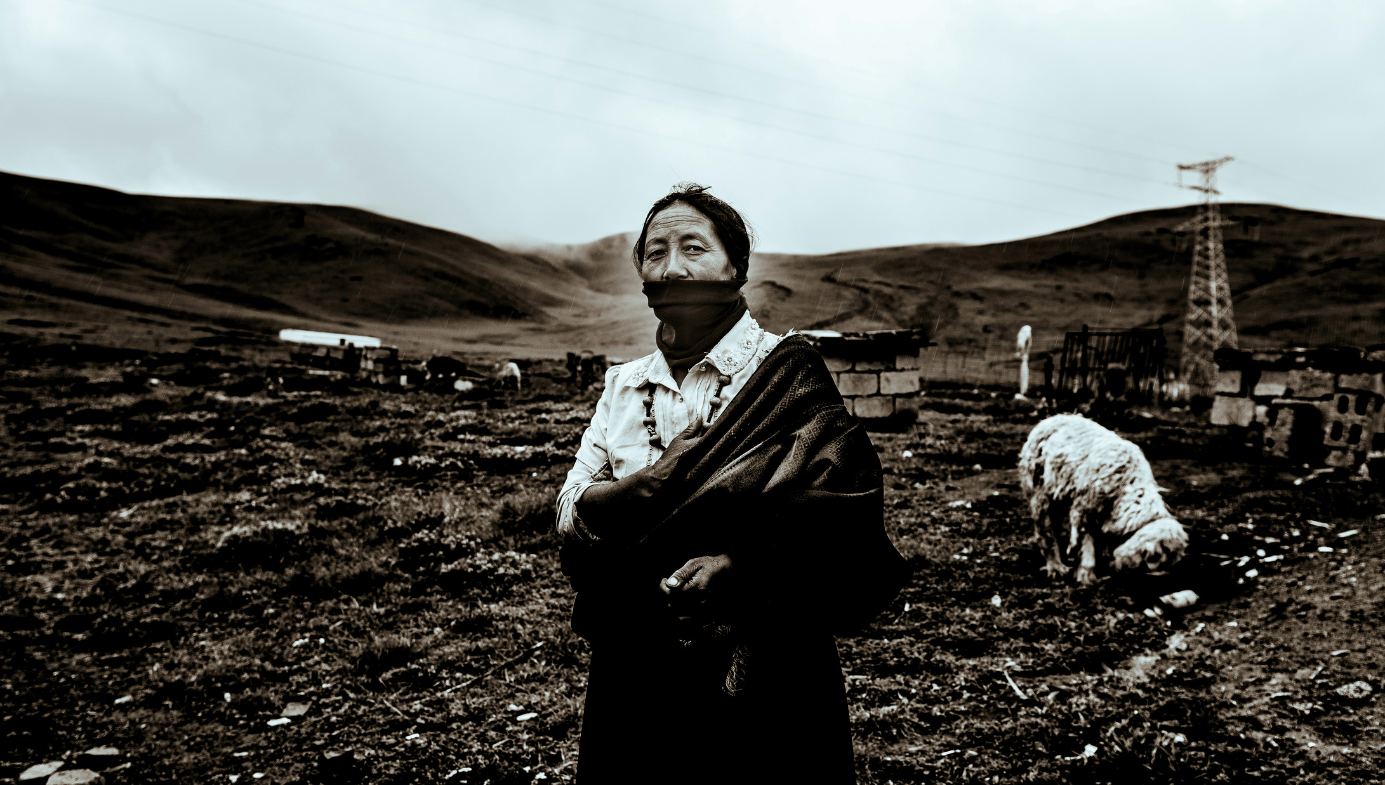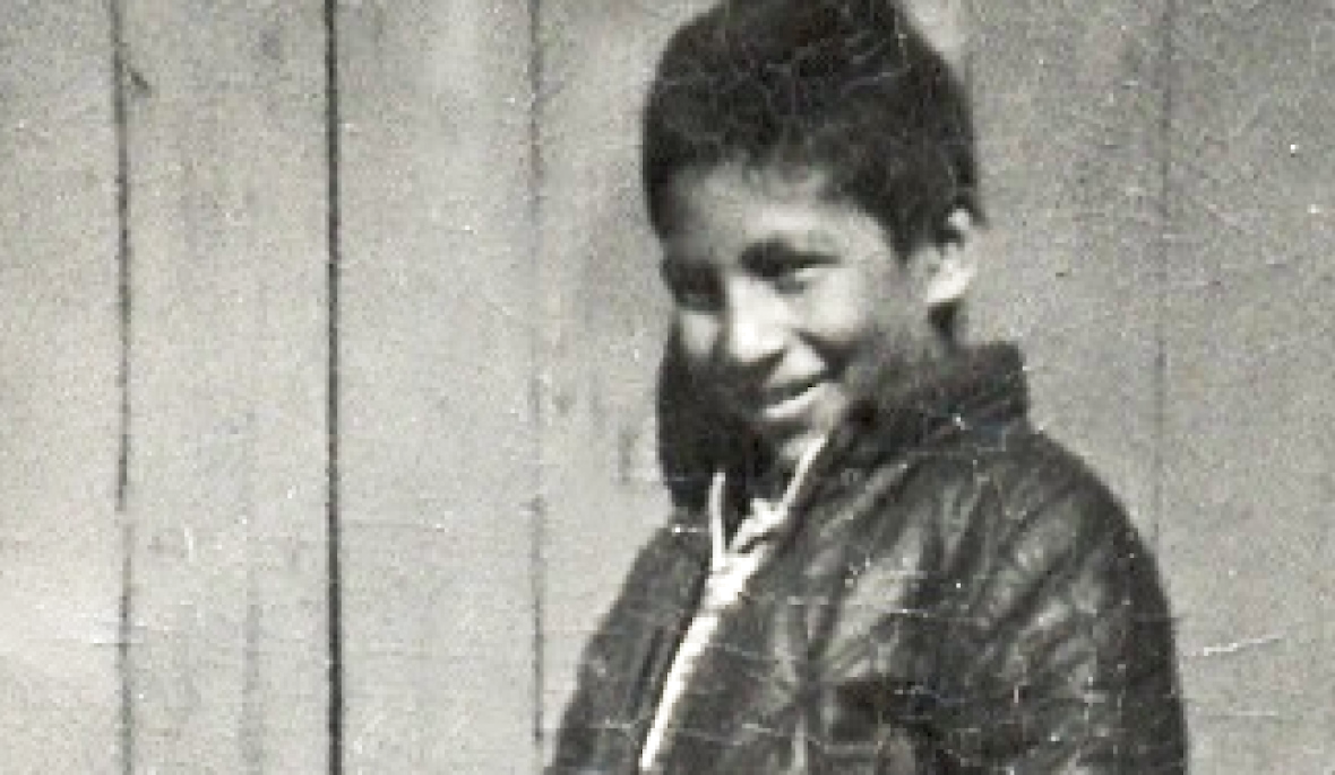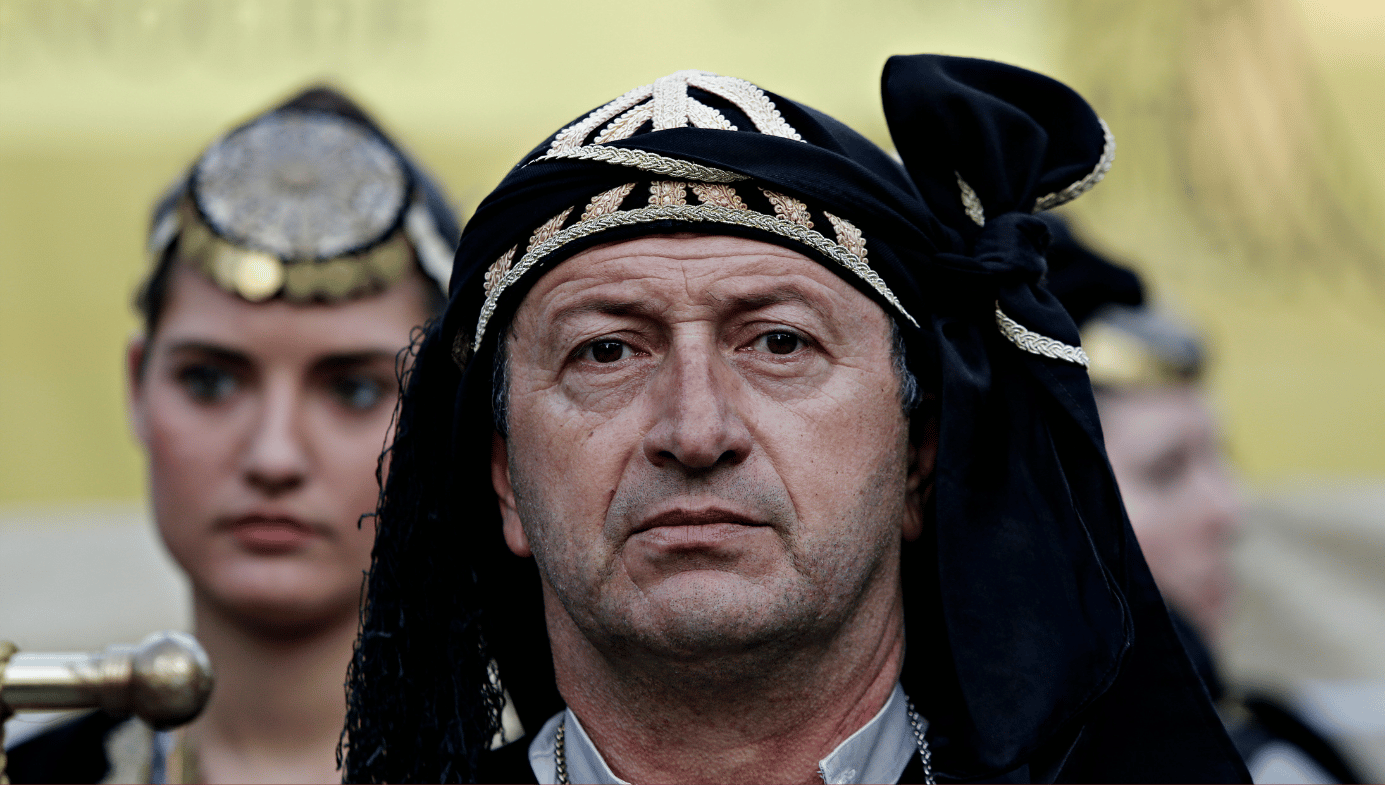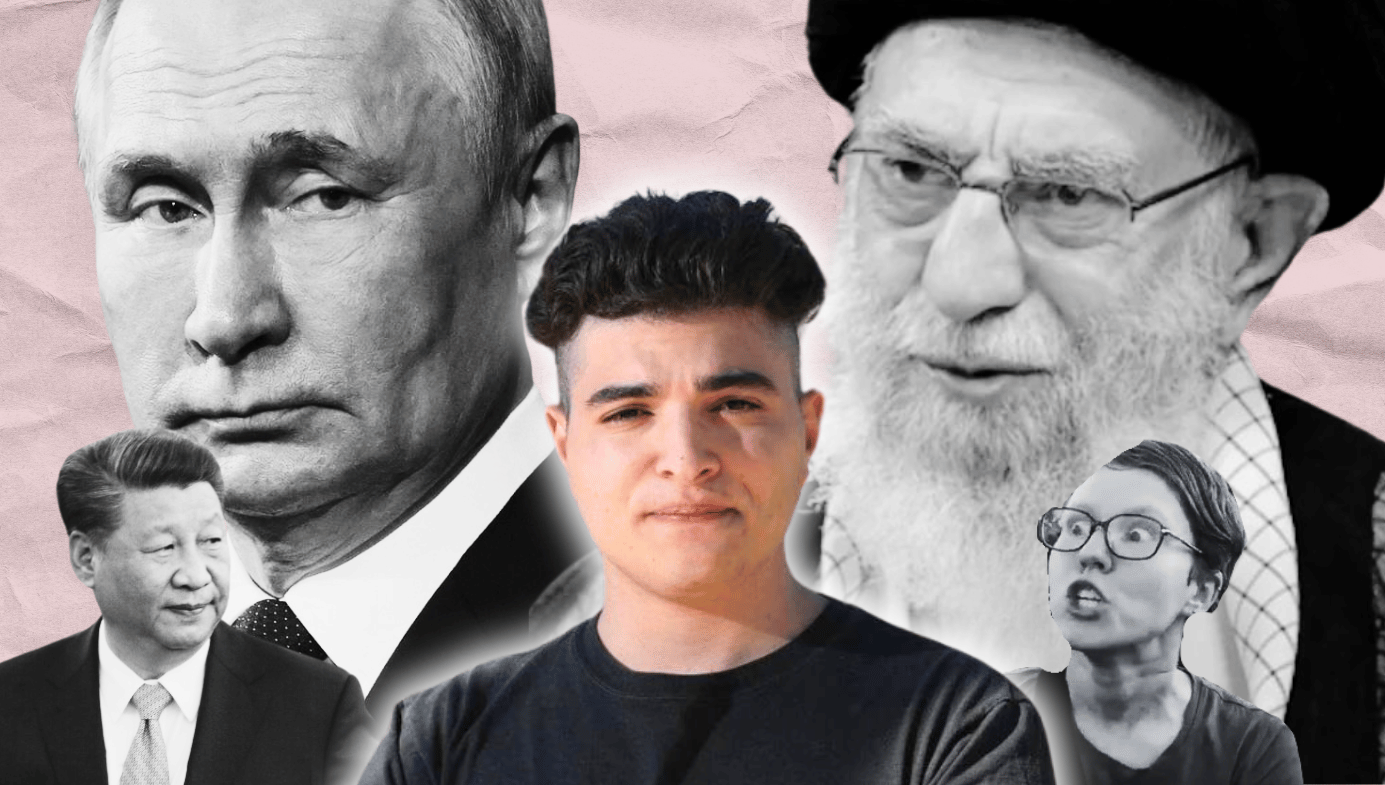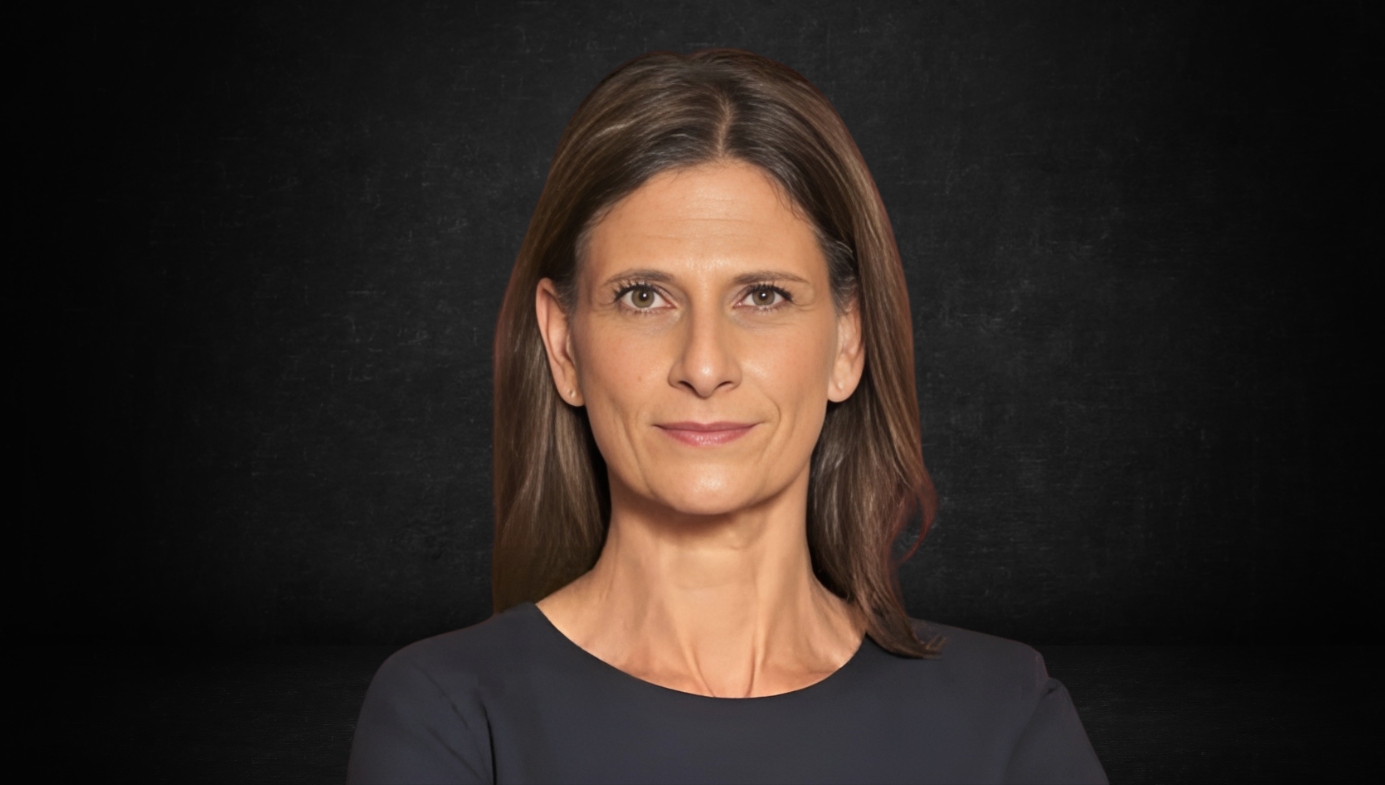Aiding Terror: How Terrorists Exploit Humanitarian Organizations
Aid has become a lifeline for terrorist groups, enabling their deadly attacks.
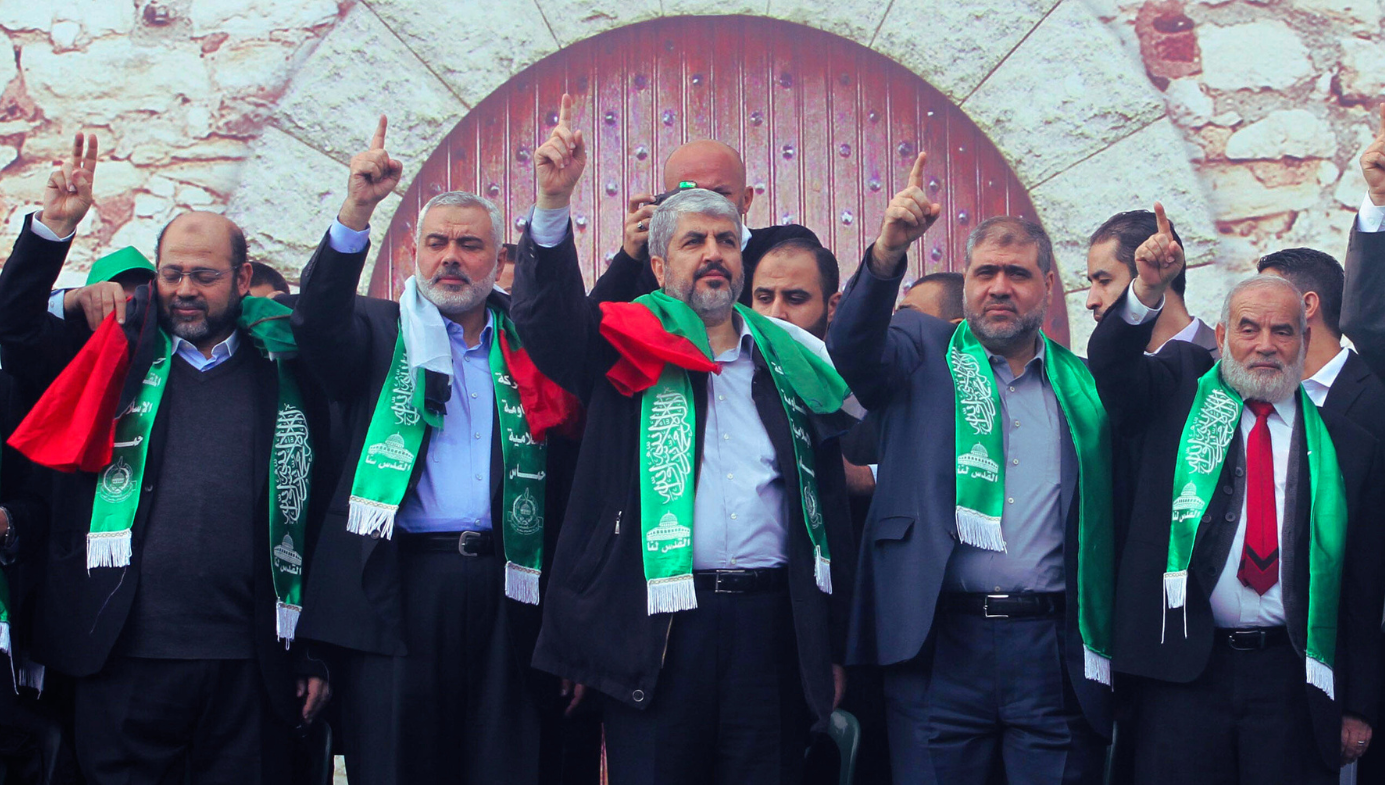
“We built the tunnels to protect ourselves from airplanes … the refugees, the UN is responsible for protecting them.” The now infamous statement by Musa Abu Marzuk of Hamas, in a television interview of October 2023, illustrates a severe problem that has developed in the interplay between humanitarian aid and militant groups in the Middle East. In even the best cases, the aid allows these groups to evade responsibility for civil affairs while pursuing their agenda of mayhem—but in fact, the terrorist groups often go much farther than this, and actually rely on aid streams to fund and equip the gunmen that commit their atrocities. Humanitarian aid has become a lifeline for these groups, enabling their deadly attacks.
Over the fifteen years during which it has controlled the Gaza Strip, Hamas has honed exploitation of aid into a science. The group does not generally expropriate aid items directly, but rather uses its control of the government apparatus in Gaza to ensure that donor funds are siphoned off, either directly to Hamas or to entities it controls. For example, the strip’s private security companies are all licensed by the Hamas Ministry of Interior, and their staff must be approved and trained by the ministry. UN and other aid group facilities therefore end up paying Hamas to guard them. Hamas also imposes high taxes on goods in the strip, including food staples, meaning that a substantial portion of the salaries paid to local aid agency employees winds up in Hamas’s coffers. Given the enormous role played by UN and other international groups in Gaza, taxes paid by their employees likely account for a substantial fraction of Hamas’s revenues.
Notably, despite its tight control of many aspects of life in the Gaza Strip, Hamas has resisted imposing any formal licensing or inspection regime on building contractors. This arrangement facilitates a multiplicity of unregulated contractors, who are well placed to help divert building supplies for the construction of tunnels or other military projects, without leaving much in the way of a paper trail.
Hamas also tries to directly involve itself in the work of UN agencies in Gaza. According to press reports by The Times of Israel, senior members of Hamas have sat in on and even led associations of UNRWA staff. A police state of informants, imprisonment of critics without trial, and pervasive torture in detention facilities mean that anyone critical of Hamas’s interference in these groups is likely to be intimidated into silence. A mid-October incident in which UNRWA publicly alleged that men from Gaza’s Hamas-run “Ministry of Health” had seized fuel from its depots—then deleted the announcement—indicates the extent of aid groups’ vulnerability, and the immense challenges of trying to protect their independence when operating in areas controlled by ruthless militants.
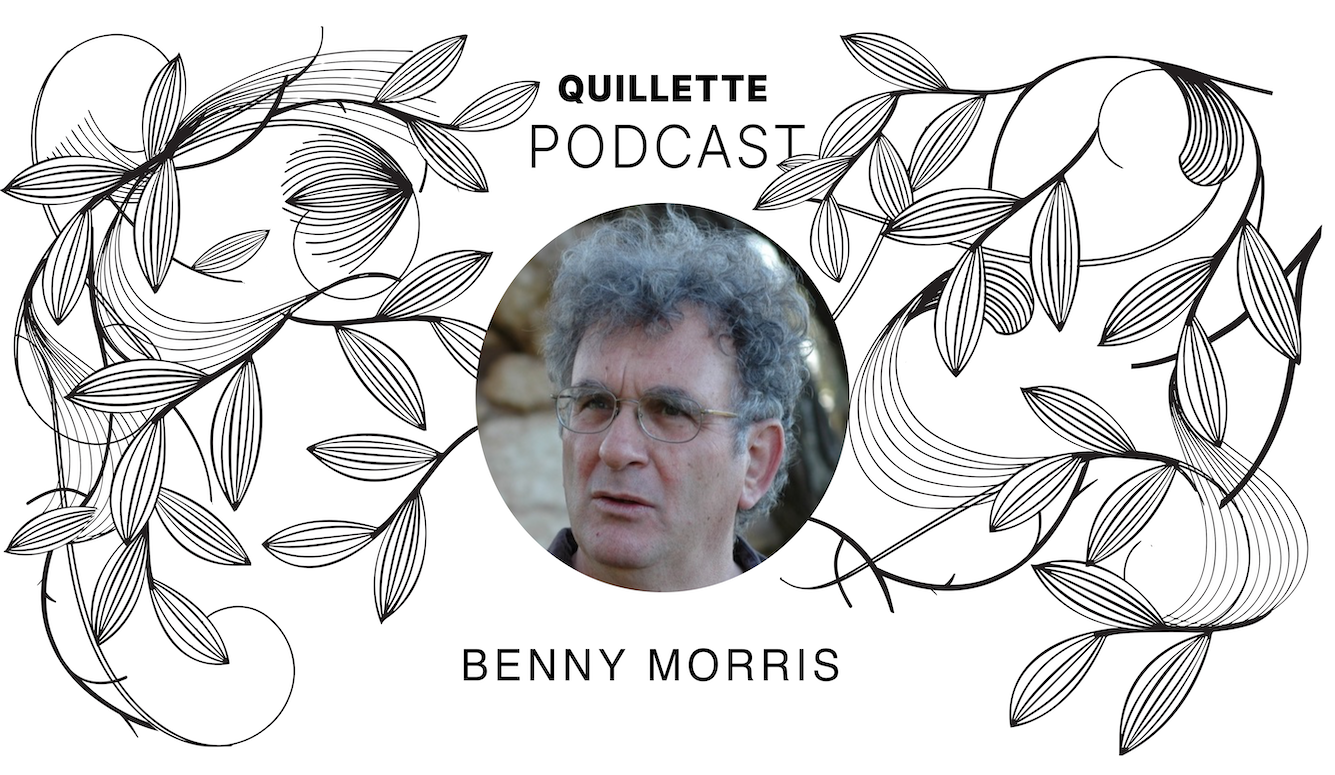
Most shockingly, the recent testimony of an Israeli hostage released from Gaza states that, in at least one case, a kidnapped Israeli child was held captive by an UNRWA teacher, and kept locked in a room in the teacher’s house in cooperation with Hamas.
The case of Hamas in the Gaza Strip is especially illustrative, but it is certainly not unique.
The Houthis in Yemen have been even more brazen. In 2020, they attempted to impose a 2 percent tax on all foreign assistance entering areas under their control. They eventually walked that position back when they realized that many aid organizations would cease operations if forced to directly deposit money into Houthi accounts. Nevertheless, they have devised a variety of other methods to ensure that they receive their cut, and humanitarian organizations have been continuing the flow of money and supplies, without taking any effective measures to stop Houthi exploitation.
Around the same time as the Houthis were demanding a percentage of the humanitarian assistance to Yemen, UNICEF took steps to make its Yemen programming budget less transparent. As of the last two years, they no longer publish line items in their budget. (Compare this itemized list of their spending in Yemen in 2020 with these public accounts from 2021, which contain a detailed breakdown of spending in many countries—but Yemen is a notable exception.) According to the Counter Extremism Project, in some instances, this may serve to cover up their continued patronage of known Houthi-controlled companies, such as the private security provider Yemen Armored.
In other instances, UNICEF genuinely may not know where its funds are flowing since it introduced an Unconditional Cash Transfer program in Yemen in 2019. Such programs have advantages—they allow poor people to make their own decisions as to how they need to prioritize their spending—but they are ill advised in areas under terrorist control. In light of the rampant corruption in Yemen and the continual threat of Houthi extortion, UNICEF’s introduction of cash-only programs there seems like a step away from transparency and accountability, and risks enabling the Houthi to enrich themselves via taxes or expropriation, much as Hamas thrives off taxes in Gaza. UNICEF states that,
In case a potential fraud is reported, the case is duly investigated by an independent organisation which is also responsible for monitoring the different processes for compliance with the project’s procedures and regulations.
But a recent report by the UN Security Council’s Panel of Experts on Yemen found
multiple reports of diversion of humanitarian funding and relief items being sold, including in detention facilities, by the Houthis, as well as the removal of beneficiaries from the lists of beneficiaries by the de facto authority due to opposing political affiliations … [and] Credible reports … that families living in Houthi controlled areas that refuse to send their children to join Houthi forces or that are openly not aligned with Houthi ideology are subjected to retribution. These include the removal of the family from the lists of beneficiaries entitled to humanitarian Assistance.
The Houthi body for coordinating with the organizations providing international assistance is called the Supreme Council for the Management and Coordination of Humanitarian Affairs and International Cooperation (SCMCHA). It is run by a senior Houthi loyalist named Ibrahim al-Hamli. Al-Hamli’s predecessor, Ahmed Hamid, headed the Houthi politburo at the same time as acting as chief of the SCMCHA. That the same individual occupied those two roles simultaneously demonstrates how high a priority the Houthis make it to control international aid programs.
As in Hamas’s Gaza, there is no freedom of the press in Houthi-controlled Yemen. The Internet is closely regulated and monitored, and the only news outlets able to operate are those approved by the Houthis. Publishing something that contradicts the Houthis’ official position—or even revealing the hardships of life within Houthi-controlled areas—can earn one jail time. Exposing corruption or mismanagement would be likely to incur an especially severe punishment from the Houthi regime. In addition to the strict control of information into and out of Yemen imposed by the Houthis on all Yemenis under their control, they have placed additional restrictions on NGO workers, including the requirement that they request permission before participating in online activities such as Zoom calls. Clearly, the Houthis feel confident that they can enforce whatever conditions they choose on the humanitarian organizations operating in areas under their control.
In October 2023, the Save the Children worker Hisham Al-Hakimi was killed. The organization initially refused to acknowledge that he was almost certainly murdered by the Houthis, following a 50-day detention in the Houthi-controlled National Security prison in Sanaa. Instead, they referred euphemistically to his “passing.” After facing public pressure, they eventually called for an investigation into the killing, but their statement does not mention the Houthis by name. Their only other public response to the murder has been a 10-day suspension of operations.
In Syria, a government that operates more like a terrorist organization provides a hint of what Hamas and the Houthis could become, if they win international recognition. Bashar al-Assad’s regime relies heavily on foreign aid not just to fill in for functions it cannot provide but to support its war machine. A 2021 report on misuse of aid in Syria found that food shipments were being diverted to military units even amid chronic child malnutrition caused by Assad’s endless war and rampant economic mismanagement. “Assad does not merely profit from the crisis he has created,” the report’s authors write, “He also has created a system that rewards him more the worse things get.”
It should be noted that Gaza’s Hamas, Yemen’s Houthis, and Syria’s Assad are all united in an Iran-led “axis of resistance,” whose participants share military technologies and political tactics for use in what they portray as a common war against the Western-led world order and against Sunni states in the region. What we are seeing is not just a series of cases of abuse of aid by specific actors, but the emergence of a new way of war: endless conflict enabled and in many cases funded by humanitarian aid.
We’d like to assume that most humanitarian aid groups are obscuring these issues for the right reasons—the belief that their continued operation is helpful to the local population. They may feel as though they have no choice because organizations like the Houthis’ SCMCHA or the Hamas-led Ministry of Health in Gaza conveniently predict an impending catastrophe whenever any assistance is cut. Nevertheless, when they obscure the reality on the ground, in effect these humanitarian organizations are essentially covering up crimes and preventing donors from making informed decisions.
Militant groups and authoritarian governments in the Middle East have found ways to turn foreign aid into a source of revenue, enabling them to deepen their hold on the territories in which they operate and increasing their capacity for terrorism and aggression. This is an urgent problem, not just for the victims of international terrorism, but also for the populations living under these groups’ reign of terror, and for international aid groups themselves. Nor is it a problem that is likely to go away on its own; on the contrary, the exploitation of foreign aid will only get worse unless something is done about this.
So, what can be done to address this threat? We need to make some major changes to the way aid groups work in conflict zones. Preventing the direct theft of equipment and supplies would be a good start, but we clearly need to go further than that. Aid groups need to build high walls between themselves and the terror groups that pass for governments in these war-torn lands. One possibility might be a return to the principles of the early-20th-century Commission for Relief in Belgium. During World War I, this US-led committee distributed food to parts of Belgium and northern France that were experiencing famine after the German armies had confiscated their food. To avoid the danger of the aid being confiscated as well, all transport and distribution was monitored throughout the process by American volunteers. A modern version of this might involve increasing reliance on in-kind distribution rather than cash, pre-fab facilities rather than local contractors, and an insistence on immunity from prosecution for local staff.
Of course, militant groups and authoritarian governments are likely to push back against these efforts, and to try to use the suffering of civilians to blackmail aid groups into providing indirect support for terror activities. Strong new standards, agreed to by the international community, could help aid groups stand up to these kinds of blackmail, and ultimately force the terrorist groups to stop exploiting humanitarian aid. If these standards are not adopted, or if aid groups ignore them, it is time for the victims to hold them accountable by exposing their role in facilitating terrorism and repression.


